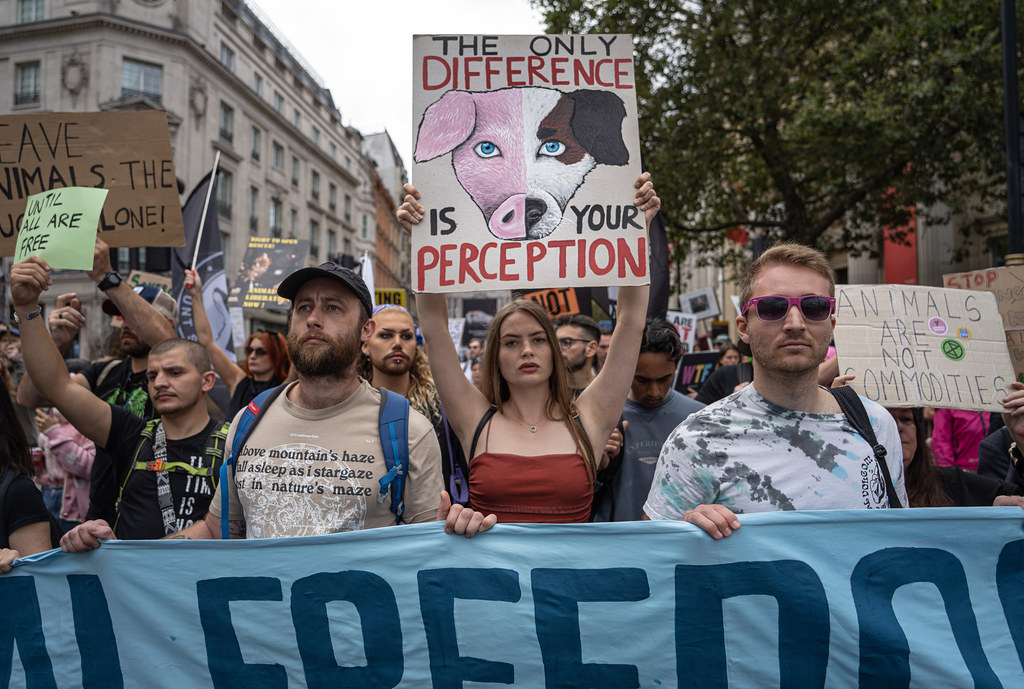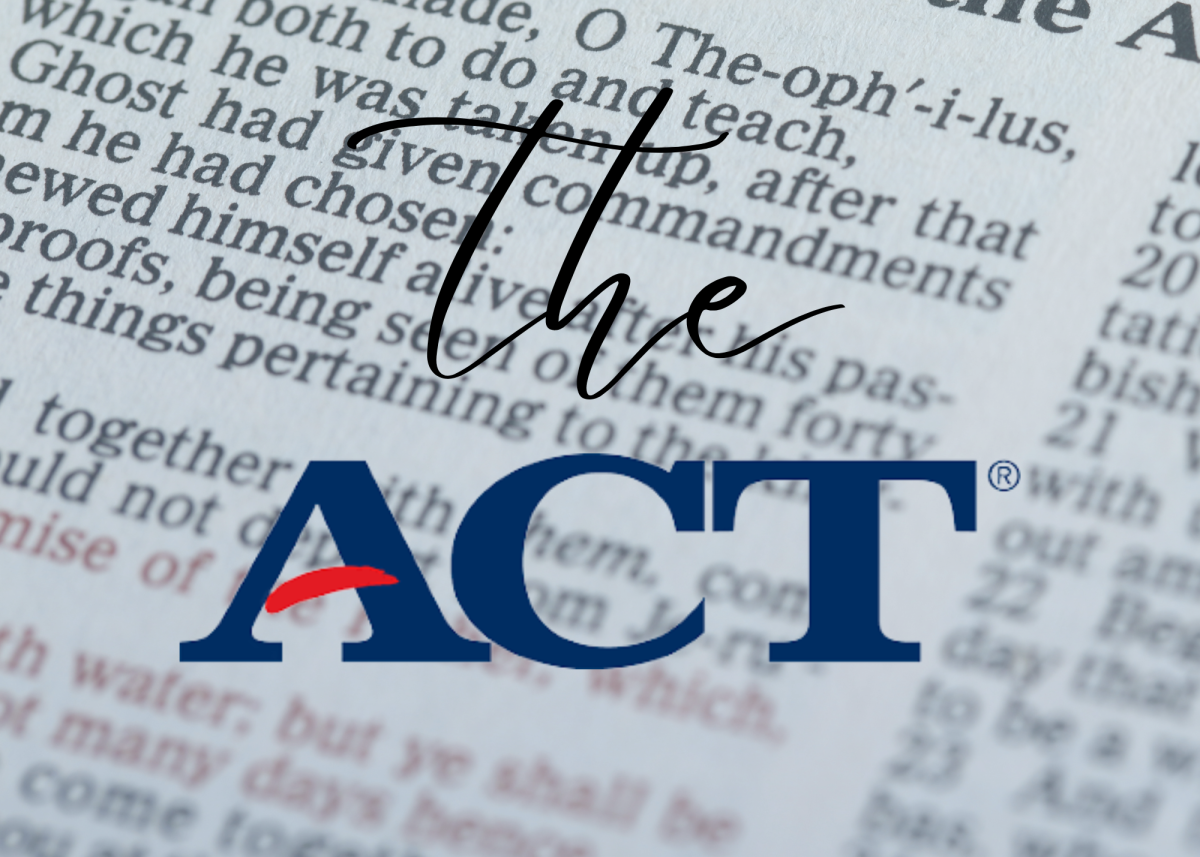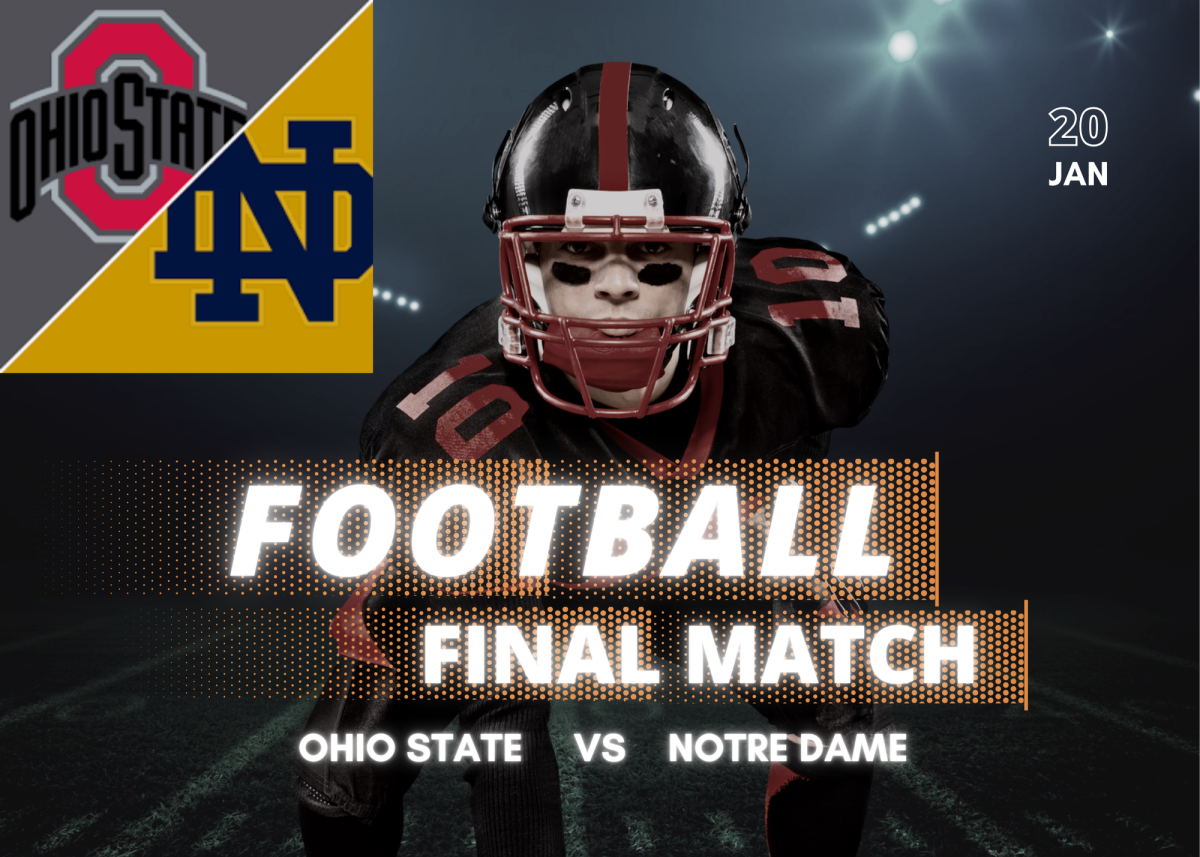Animal rights issues have grown in prominence in the last 50 years. Today we are concerned with factory farming, animal testing, kill shelters and more, but how has the status of animals been in the past? How have our attitudes developed? What is the road that got us to where we are now?
In 3rd century BCE Hindu and Buddhist societies vegetarianism first emerged as a religious doctrine. The concept of “Ahisma,” the nonviolent treatment of all living beings is still one of the most important beliefs in Hindu, Buddhist and Jainist practice. Some Jainist monks take the concept so far that they sweep the ground in front of where they walk as to not step on any small creatures, and wear mouth coverings so they don’t breathe in and kill any insects. This tradition has carried through to the modern day with a landmark supreme court decision in 2005 defending the constitutionality of cow slaughter bans in India.
Heli Patel, a Blackman High School senior and follower of Hinduism added “Many Hindus choose to avoid meat as a way to practice compassion . . . being vegetarian is about showing kindness and respect for all living things, rooted in the principle of non-violence . . . for me it’s important to treat all life with care and to avoid causing harm whenever I can. In Hindu families being vegetarian is often seen as a way to stay spiritually pure and connected to the world around us.”
On the topic of cow slaughter bans, Patel clarified “Cows are sacred in Hinduism because they are a representation of the divine.”
In western thought, however, animals have not been given the same level of veneration. The 4th century BCE philosopher Plato viewed animals as being under the complete jurisdiction of humans, with us having complete authority as to what we do to animals. They were not seen as having a right to life whether they be a working animal or wild one, apart from a few philosophers and leaders who had sympathies for animal lives such as Pythagoras. When he wasn’t busy dooming future highschoolers with mathematical equations, he thought of philosophical issues like the life of animals.
He said, “as you eat your joints of lamb and beef…know that your feast was of good friends and neighbors.” He viewed animals as kin to humans, not subservient. This is the foundation of pro-animal rights dissent in the west.
Starting in the 13th century in many parts of Europe, animals would be put on trial for “crimes” with the pig being the most commonly prosecuted animal. Animals were tried for a plethora of crimes including homicide, battery and property damage, with the most common punishment being death by hanging. Animals weren’t just accused in secular courts but in ecclesiastical ones too, where they even received a lawyer to defend them. Some contemporaries to these proceedings such as Thomas Aquinas were against them as they ascribed a moral agency to beings without it and gave authority to earthly judges over God’s creation. Today the almost nowhere on earth still puts animals on trial as it is recognized they cannot be held morally responsible for their actions like humans can, this protection of animals from legal repercussion is a base, but important step for the development of animal rights.
Mainstream philosophical acceptance of increasing the legal and moral standing of animals begins in the enlightenment era. Thinkers like Jean-Jacques Rousseau start to advocate that animal be included in the “natural law.”
“By this method also we put an end to the time-honored disputes concerning the participation of animals in natural law: for it is clear that, being destitute of intelligence and liberty, they cannot recognize that law; as they partake, however, in some measure of our nature, in consequence of the sensibility with which they are endowed, they ought to partake of natural right; so that mankind is subjected to a kind of obligation even toward the brutes. It appears, in fact, that if I am bound to do no injury to my fellow-creatures, this is less because they are rational than because they are sentient beings: and this quality, being common both to men and beasts, ought to entitle the latter at least to the privilege of not being wantonly ill-treated by the former.” Is Rousseau’s justification for raising the status of “beast” to a human level in their right to be free from mistreatment, finally catching the west up the, at this point, already two-thousand-year-old eastern philosophy?
The 19th century is when interest in the protection of animals really began in western thought. From England’s passing of the world’s first animal rights legislation in the 1822 Martin’s Act which punished by fines up to five pounds or two months imprisonment, to “beat, abuse, or ill-treat any horse, mare, gelding, mule, ass, ox, cow, heifer, steer, sheep or other cattle,” to the establishment of the American Society for the Prevention of Cruelty to Animals (ASPCA) which created a “Declaration of the Rights of Animals”, and in 1866 convinced the New York state legislature to pass anti-animal-cruelty legislation and to grant the ASPCA the ability to enforce it.
In the 20th century the vegan and vegetarian movements started gaining attention in mainstream conversations. Mahatma Ghandi argued before the English Vegetarian Society that the lifestyle should be promoted in the interest of animal welfare, not just for health benefits. In the 1970’s famous vegans like Peter Singer rose to prominence and spread their ideals of non-violence towards non-human animals. The 70’s also saw the foundation of the Animal Liberation Front, a guerilla group which took non-violent action against animal exploitation.
Every vegan and vegetarian has a different set of reasons for initially shunning meat. Megan Hickman, a senior, shared her reasoning with me. “There was this one time when I was 14 when my aunt took me to this little farm. It was a place where they rescued animals, and this prompted me to become a vegetarian. The animals were so cute that I never ate meat again because I felt really bad.”
If the 20th century was the rise in social awareness of animal rights, the 21st century has been the rise of political, scientific and academic recognition of animal rights. This is exemplified in events like the Cambridge Declaration on Consciousness which had some scientists sign a declaration recognizing non-human animals as conscious beings. The rights of animals have largely been unchanged in their status since the beginning of the 21st century, but it remains to be seen if this century holds the next major chapter in the development of Animal Rights.









